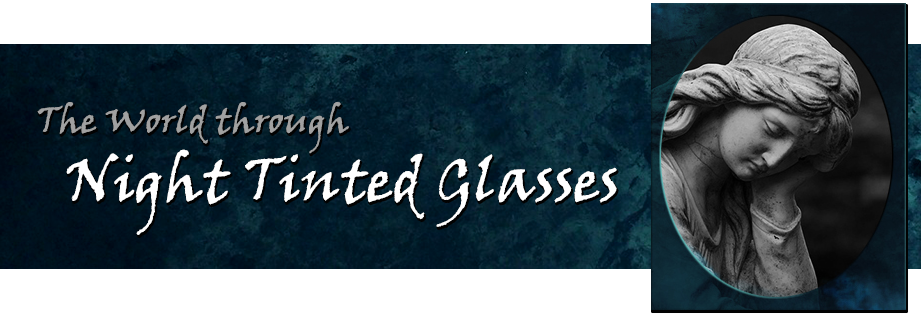 Spoilers ahoy!
Spoilers ahoy!Herein is the last in my series of reviews of filmed adaptations of Joseph Sheridan LeFanu's vampire classic Carmilla. Next up, Roger Vadim's 1960 motion picture Blood and Roses. Such was its English-language title. In French the movie was more usually known as Et mourir de plaisir ("To Die of Pleasure").
My feelings about this flick began and remain mixed. What cannot be denied is that it captures something interesting and emotionally real amid an air of fantasy blending with reality. Other critics have noted its mood, which manages to convey eroticism with virtually no sexuality. No small feat. And the tale is a compelling one--despite the fact I don't really like any of the characters (an overrated "requirement" in my opinion).
But it isn't really an adaptation of Carmilla at all. The t.v. shows House and Monk have more to do with Sherlock Holmes than this film to do with LeFanu's tale.
Relocating the story to modern-day Italy, Vadim begins with the family Karnstein. In this case, they are a still-extant noble house with branches in Italy and Austria (those who know European history should find this very easy to accept). Legend tells of peasants attacking the Karnsteins in the 1700s out of fear they were vampires (again, historically this make some sense) with only one survivor--the beautiful Millarca, saved by her lover and cousin Ludwig. But Ludwig proved unfaithful. He nearly married three times, but each of his fiancees died soon before the wedding.
So the tale is told by Carmilla, last remaining Austrian Karnstein who lives with her cousin Leopoldo in an Italian estate. All agree Carmilla resembles long-dead Millarca while Leopoldo looks like Ludwig. We can see where this is going, but in general the script eshews the flavor of cliches. A dream-like atmosphere descends as a costume party begins to celebrate Leopoldo's engagement to Georgia. The nearby ruins--including the tomb of long-dead Millarca--become the setting of an elaborate fireworks display. Fire and mist abound while revellers in capes and masks dance and gossip in the night. A drunken Carmilla--only too obviously in love with her cousin--appears in a costume identical to that in Millarca's portrait (amusingly, this frightens away a couple of school girls reciting a poem for the event). Later, she stares into her reflection in a pool while a voice from the ruins summons her. Millarca extends her power, brings her latter day doppelganger to the tomb, which opens at her touch. We don't see what happens next but the result seems clear. Millarca walks again, taking possession of Carmilla's body.
All this makes for a good movie, and in the hands of a fine director like Vadim, the results do more than entertain. They move. They even compell.
But...
This is not LeFanu's story. Instead of a strange and mysterious love affair between two girls, we have an immortal stalker of a handsome man at the apex of a romantic triangle. Instead of love or at least obsession between vampire and victim, we see a vampire pursuing her prey with little more feelings than a snake has for a bird. The slow pace of 19th century rural Styria gives way to modern Italy, amid coroner inquests and official inquiries and a stream of visitors to the Karnstein home. Elements of the original remain, but more as set pieces (effectively used).
Two other versions of Carmilla I know were filmed. One was a 1960s BBC production starring Jane Merrow, almost certainly lost. The other was for French television in the 1980s that I'm trying to get my hands on. Wish me luck! Another--rather lurid--version, complete with sword fights and copious female nudity, is supposed to be filming in Europe right now. When and if it is finished and released, expect a review from me. And if you know of any versions I've not mentioned, you'll earn much gratitude on my part for sharing!













